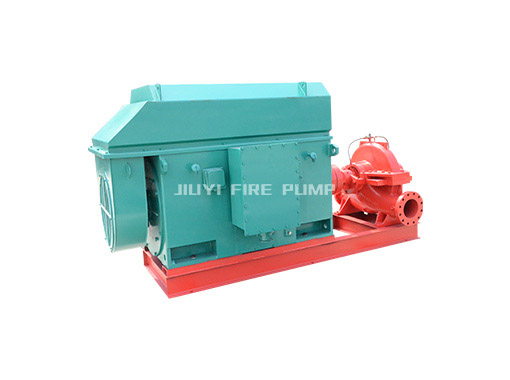
Introduction
Fire Pump Requirements for Hospitals
Best Types of Fire Pumps for Hospitals
Key Features to Look for in Hospital Fire Pumps
Factors to Consider When Choosing a Fire Pump for Hospitals
NFPA Standards and Regulations for Fire Pumps in Hospitals
Maintenance and Testing for Hospital Fire Pumps
Common Challenges in Hospital Fire Protection
Conclusion